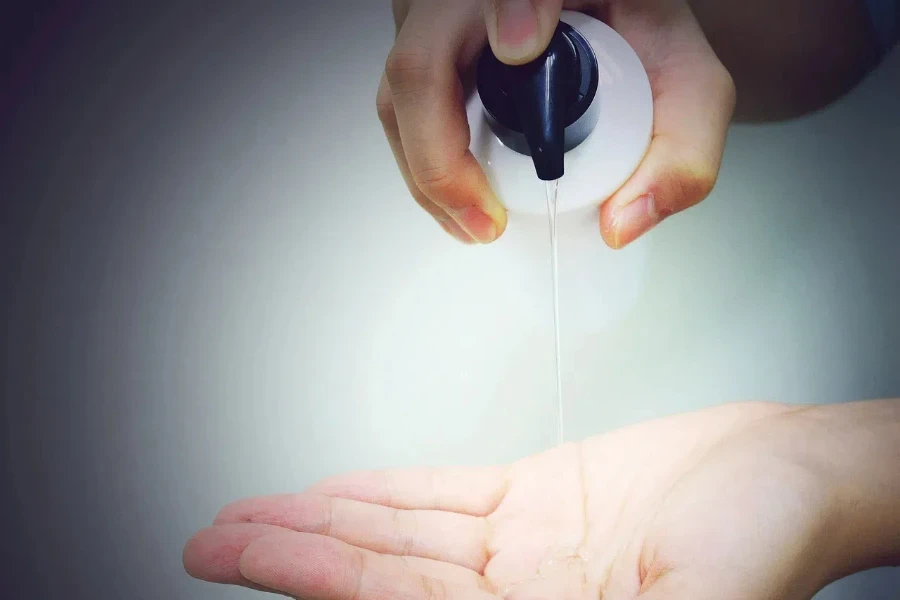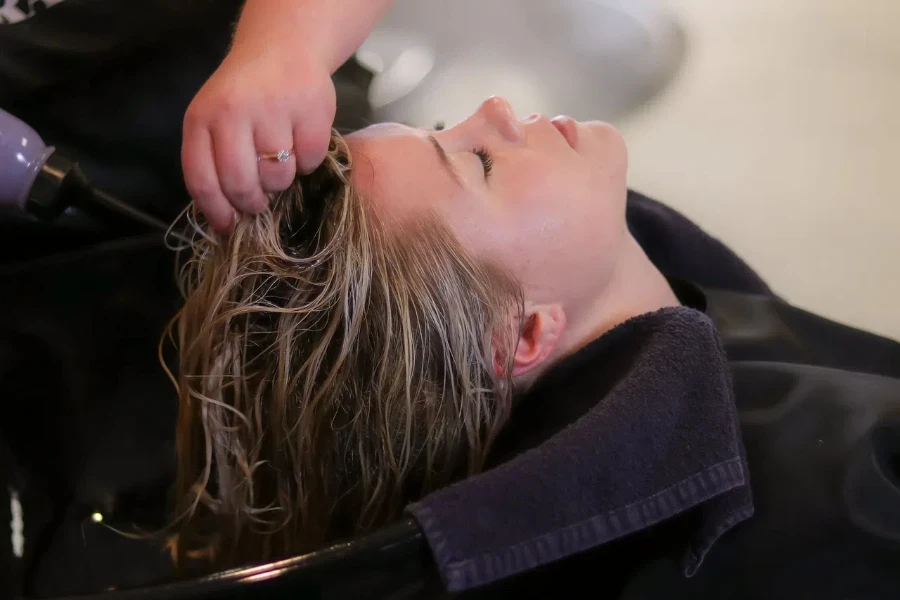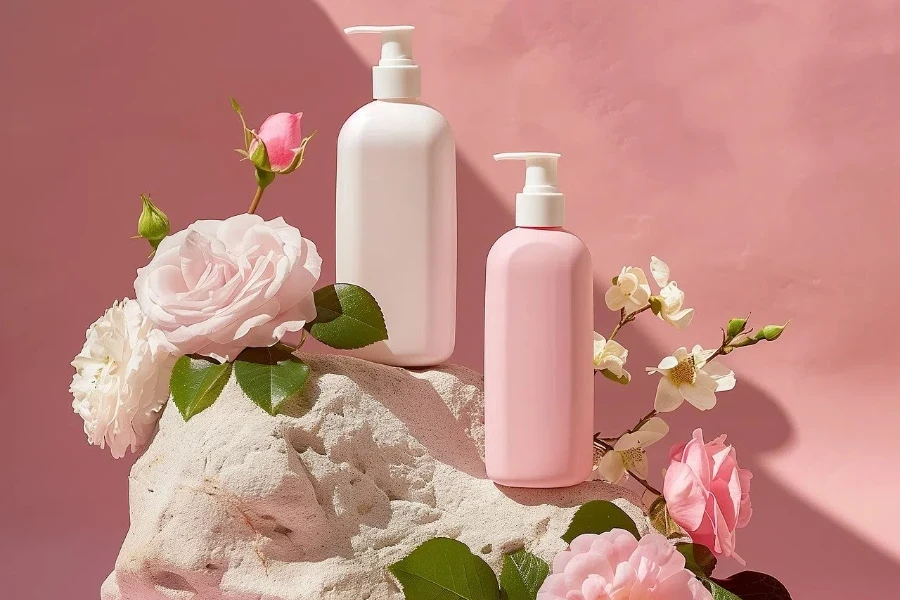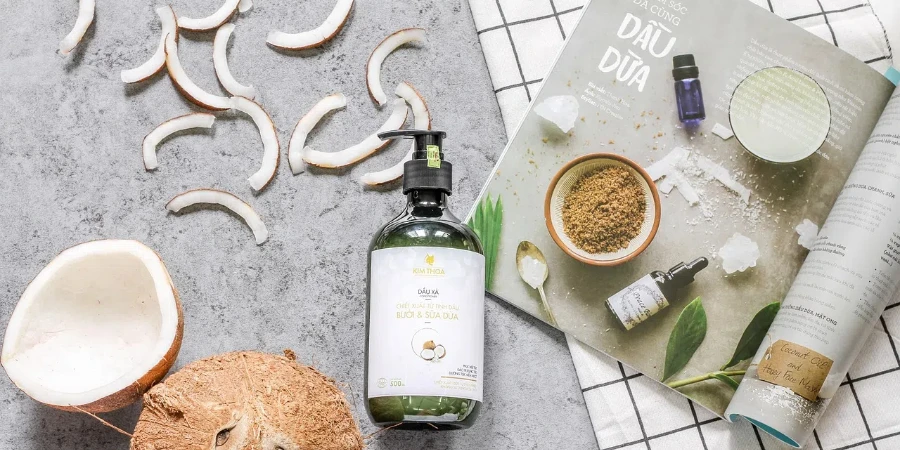In the vast universe of beauty and personal care, selecting the right shampoo and conditioner can sometimes feel overwhelming. With countless options available, it’s crucial to understand not just what products are out there, but what your hair truly needs. This article delves deep into the five critical aspects of shampoo and conditioner that users care most about, offering a comprehensive guide to making informed choices for your hair health.
Table of Contents:
– Understanding hair types and needs
– The importance of ingredients in shampoo and conditioner
– The role of pH balance in hair care
– Addressing common hair concerns
– Sustainable and ethical hair care options
Understanding hair types and needs

When it comes to hair care, one size does not fit all. Recognizing your hair type is the first step towards selecting the right products. Whether your hair is oily, dry, curly, straight, thin, or thick, each type has its unique needs. Oily hair may require clarifying shampoos to prevent buildup, while dry or curly hair often benefits from moisturizing conditioners to enhance hydration.
Beyond texture and oil production, scalp health plays a pivotal role in your hair care routine. An itchy or flaky scalp might need products with specific soothing or anti-dandruff properties. Understanding these nuances can dramatically improve the effectiveness of your hair care regimen.
Moreover, the frequency of washing your hair can impact its health and appearance. Over-washing can strip hair of its natural oils, leading to dryness, while under-washing can cause scalp issues. Finding the right balance is key, and it starts with knowing your hair and scalp’s specific requirements.
The importance of ingredients in shampoo and conditioner

Ingredients are the heart of any shampoo and conditioner. They determine the product’s effectiveness and how it interacts with your hair and scalp. For instance, sulfates are common in many shampoos for their cleansing properties, but they can be harsh on sensitive scalps and damage-prone hair. Alternatively, products with natural oils and butters can offer deep nourishment and moisture.
Recent years have seen a surge in awareness about the impact of certain chemicals on hair health. Parabens, for instance, have been scrutinized for their potential health risks, leading many to seek paraben-free options. Understanding the function and potential effects of ingredients can guide you to make choices that align with your health and beauty goals.
Furthermore, the inclusion of specific targeted ingredients, like keratin for strength or tea tree oil for scalp health, can address individual hair concerns. Reading labels and doing a bit of research on key ingredients can significantly enhance your hair care routine’s effectiveness.
The role of pH balance in hair care

The concept of pH balance is often overlooked in hair care discussions, yet it’s crucial for maintaining healthy hair and scalp. The natural pH of human hair and scalp ranges between 4.5 and 5.5, making it slightly acidic. This acidity helps prevent fungi and bacteria growth and keeps the cuticle closed and healthy.
Many hair care products, however, have an alkaline pH, which can disrupt this natural balance, leading to hair cuticle damage and frizz. Choosing shampoos and conditioners formulated to match the hair’s natural pH can help protect the hair’s integrity, reduce breakage, and enhance shine.
Understanding the importance of pH balance also extends to hair treatments and styling products. Consistently using products that maintain the hair’s natural pH can lead to long-term improvements in hair texture and scalp health.
Addressing common hair concerns

Hair concerns vary widely from person to person, but some issues are universally common. Dryness, damage, frizz, and scalp irritation top the list of complaints. Fortunately, advancements in hair care science have led to the development of shampoos and conditioners tailored to address these specific concerns.
For damaged hair, look for products rich in proteins and amino acids, which can help rebuild hair structure. For dry hair, moisturizing ingredients like glycerin and natural oils can provide much-needed hydration. Anti-frizz formulations often contain silicones or natural oils to smooth the hair’s cuticle, preventing moisture loss and taming flyaways.
In addition to choosing the right products, simple changes in your hair care routine, like reducing heat styling and avoiding harsh chemical treatments, can make a significant difference in your hair’s health and appearance. Listening to your hair and adjusting your routine accordingly can help address these common concerns effectively.
Sustainable and ethical hair care options

As consumers become more environmentally conscious, the demand for sustainable and ethical hair care options has grown. Eco-friendly shampoos and conditioners that use biodegradable ingredients and packaging are becoming more prevalent. These products not only benefit your hair but also have a lesser impact on the planet.
Ethical considerations also play a role in product choice. Many seek out cruelty-free or vegan hair care products, reflecting a commitment to animal welfare and environmentally responsible manufacturing practices. Supporting brands that prioritize sustainability and ethics can contribute to positive environmental and societal impacts.
Choosing sustainable and ethical hair care products doesn’t mean compromising on quality. Many such products are formulated with high-quality, natural ingredients that offer excellent benefits for your hair. Making conscious choices in your hair care routine can align your beauty practices with your values.
Conclusion:
Navigating the world of shampoo and conditioner involves understanding your hair’s unique needs, the importance of ingredients, the role of pH balance, addressing common hair concerns, and making sustainable and ethical choices. By focusing on these key areas, you can transform your hair care routine into a personalized regimen that promotes healthier, more vibrant hair while also aligning with your values. Remember, the journey to finding the perfect shampoo and conditioner is personal and ongoing, but armed with the right knowledge, you can make informed choices that benefit your hair and the world around you.




